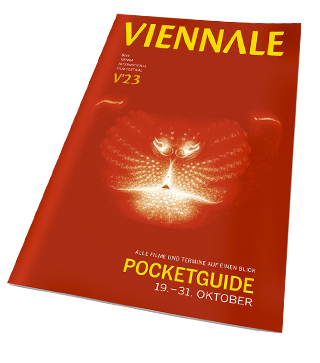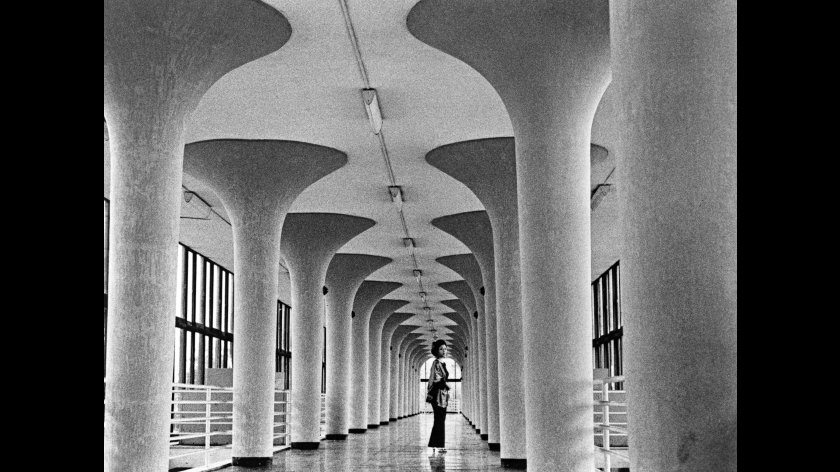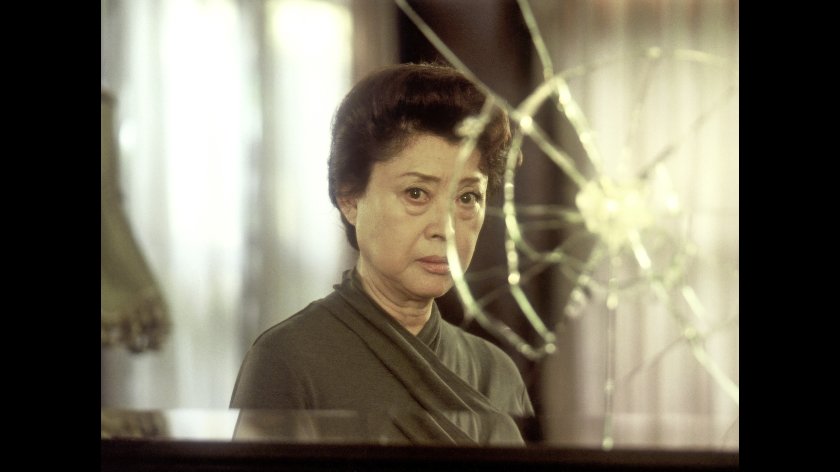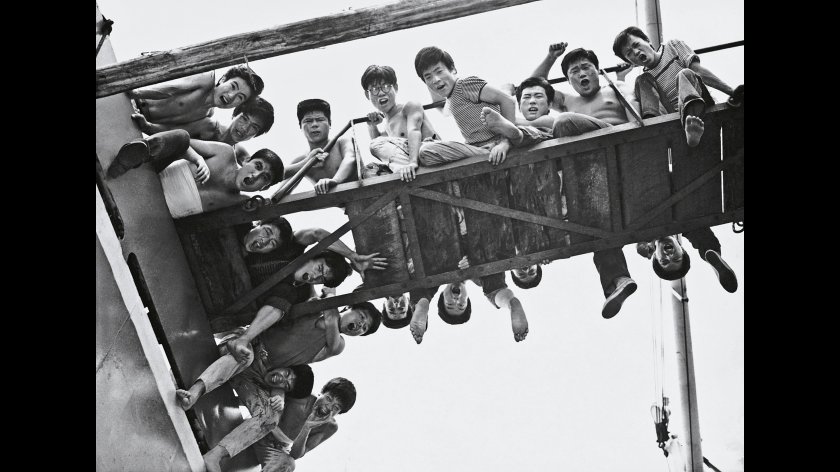Hono to onna
Impasse
Ibuki Shingo und seine Frau Tatsuko haben einen eineinhalb Jahre alten Sohn, Takashi, der jedoch nicht Shingos biologischer Sohn ist, sondern mithilfe künstlicher Befruchtung gezeugt wurde. Das Auftauchen von Sakaguchi, dem Samenspender, und dessen Frau Shina im Ibuki-Haushalt setzt eine komplizierte Dynamik in Gang, an deren Ende Tatsuko zu dem Schluss kommt, dass Takashi weder Shingos noch Sakaguchis Kind ist, sondern ihres und ihres allein. Ein durchgehendes Thema von Yoshidas frühen unabhängigen Filmen ist die Darstellung von Frauen, die in den Widersprüchen von Mutterschaft und sexueller Erfüllung gefangen sind und mit der Gleichgültigkeit, Impotenz oder Unfruchtbarkeit ihrer männlichen Partner zu kämpfen haben. (Roland Domenig)
Ibuki Shingo and his wife Tatsuko have a 17-month old son named Takashi, and the family appears to be happy at first glance. However, Takashi was artificially conceived, and this makes the couple’s relationship more delicate. It is further complicated when Shingo starts forming a friendship with Sakaguchi, the sperm donor, as well as by the jealousy of the latter’s wife. This sets a complicated dynamic in motion, by the end of which Tatsuko has come to the conclusion that Takashi is neither Shingo’s nor Sakaguchi’s child, but hers and hers alone.
Starting with A STORY WRITTEN WITH WATER, a common theme of Yoshida’s early independent films is the topic of filiation and the portrayal of female characters caught between the contradictions of maternity and sexual fulfillment and faced with the indifference, impotence or sterility of their male partners. Yoshida: “The film is like a science fiction movie based on the motif of artificial insemination. By perceiving a human being not as an entity but as a relational concept, sexuality, which is most fundamental to humans, is suddenly forfeited and floating. The question of whether something could be found to overcome the stagnation of everyday life was the starting point of this work.” (Roland Domenig)
Alle Retrospektiven-Filme, die nach der Viennale – ab dem 2.11. – im Filmmuseum gezeigt werden, können selbstverständlich auch wie gewohnt auf www.filmmuseum.at oder unter Tel. 01/533 70 54 reserviert und an der Kassa des Österreichischen Filmmuseum gekauft werden. Es gelten die Preise des Filmmuseums.
Yoshida Kijū: GOOD-FOR-NOTHING (1960), BLOOD IS DRY A.K.A BLOODY THIRST (1960), BITTER END OF A SWEET NIGHT (1961), AKITSU SPRING (1962), 18 WHO CAUSE A STORM A.K.A. 18 ROUGHS (1963), A STORY WRITTEN WITH WATER (1965), WOMAN OF THE LAKE (1966), IMPASSE (1967), THE AFFAIR (1967), AFFAIR IN THE SNOW (1968), FAREWELL TO THE SUMMER LIGHT (1968), EROS + MASSACRE (1969), HEROIC PURGATORY (1970), COUP D’ETAT (1973), A PROMISE (1986), WUTHERING HEIGHTS (1988), WOMEN IN THE MIRROR (2002), BEM-VINDO A SÃO PAULO (2004, Episode)
- The Japan Foundation
- Okada Mariko
- Kimura Isao
- Ogawa Mayumi
- Kusaka Takeshi
- Kitamura Kazuo
- Tamura Tsutomu
- Yamada Masahiro
- Yoshida Kijū
- Okumura Yūji
- Ōta Kazuo
- Matsumura Teizō
- Mori Hanae






